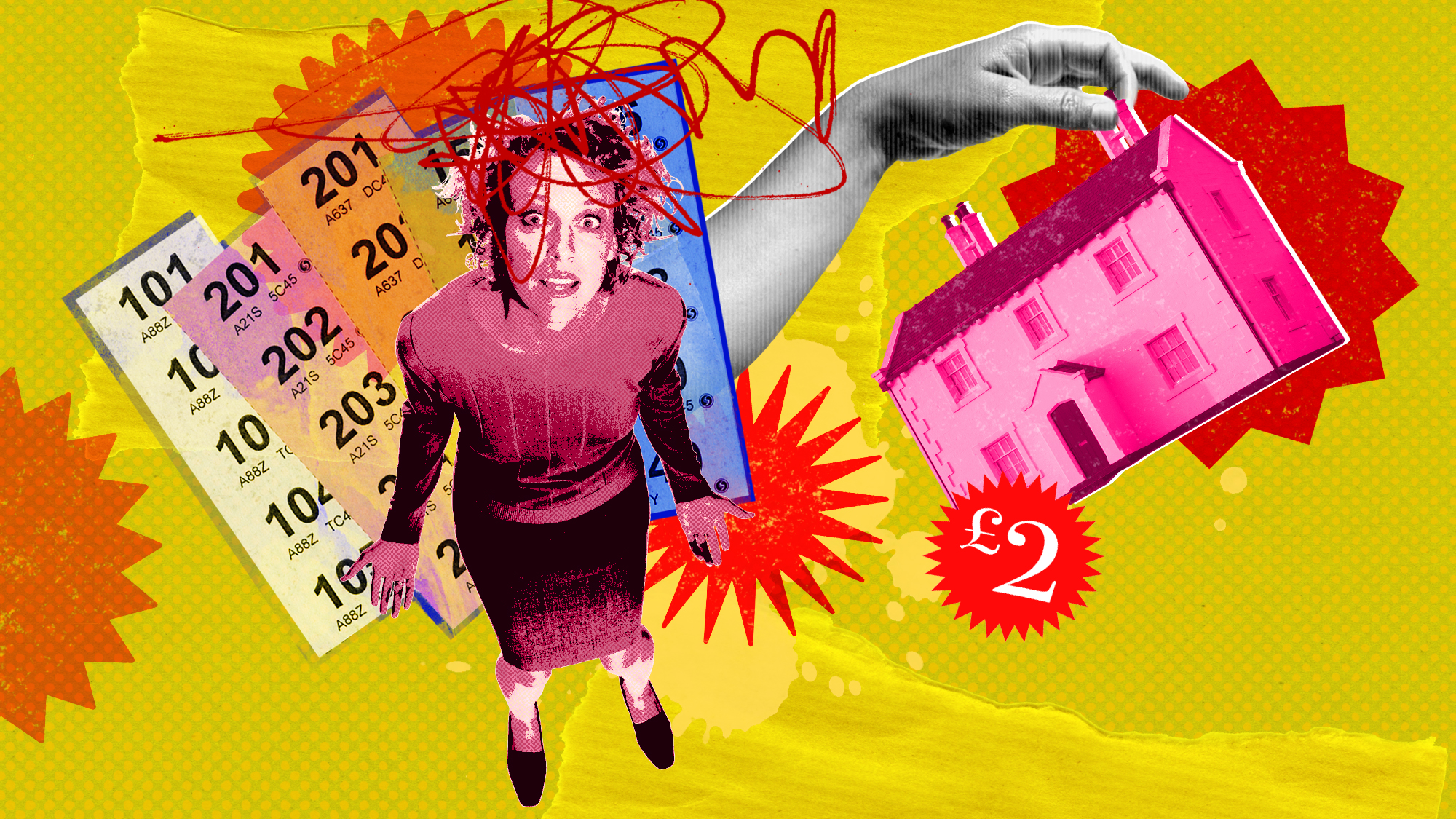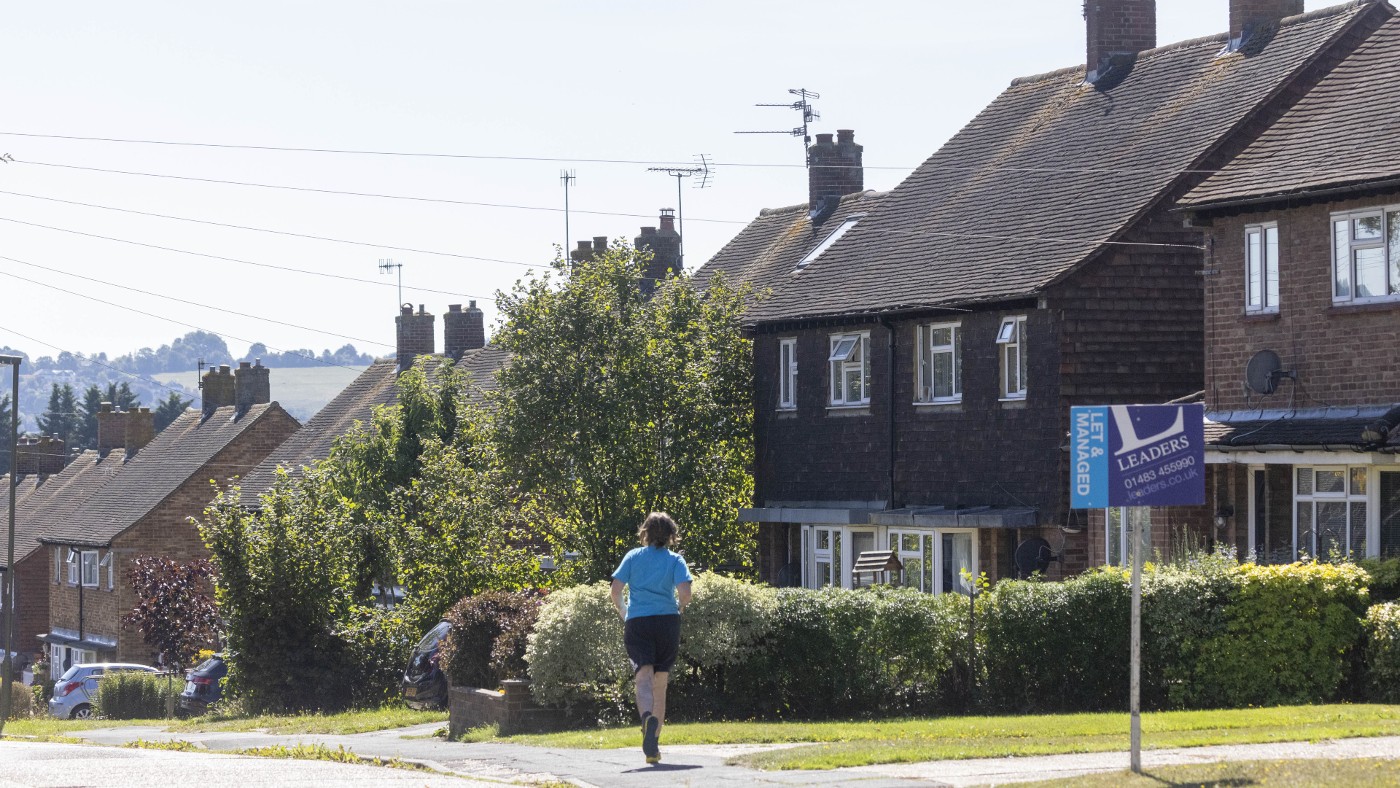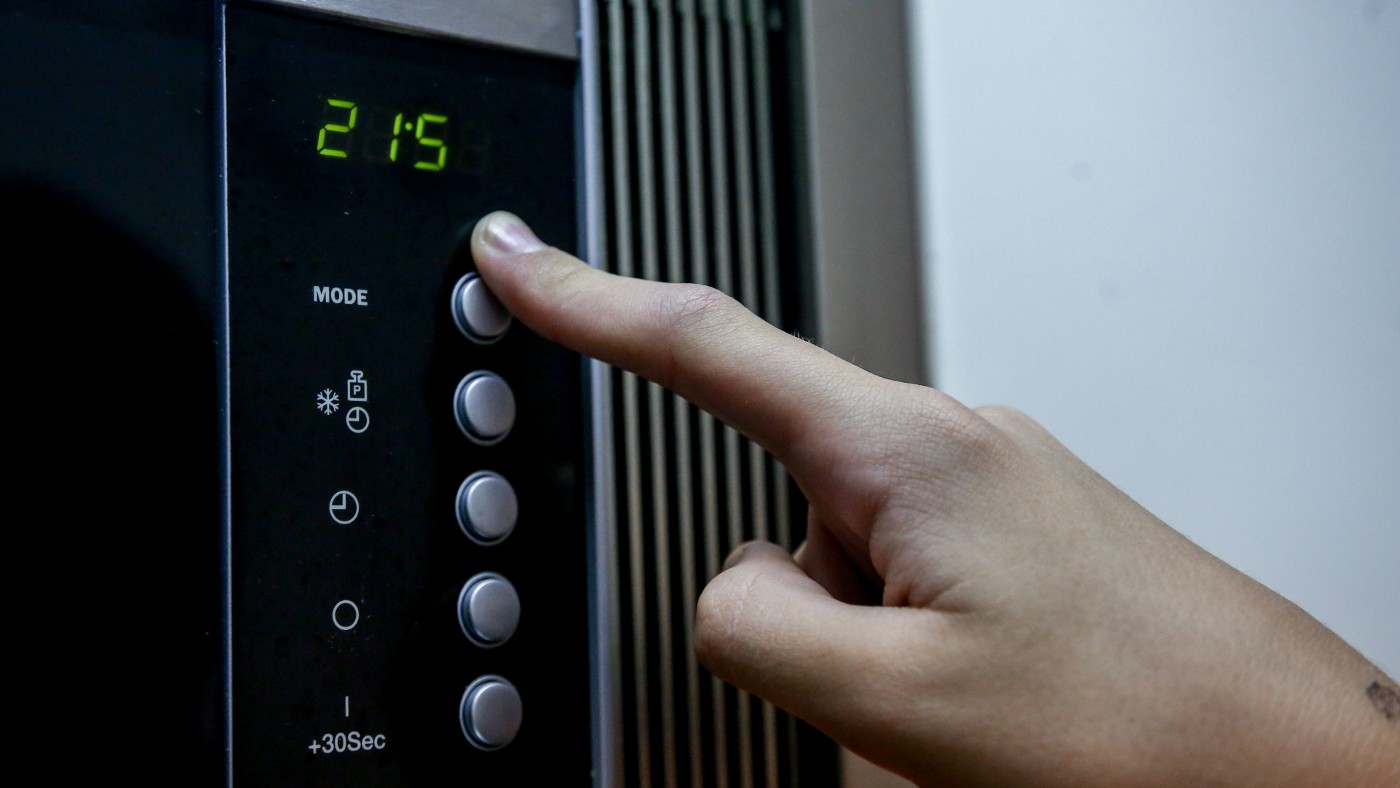Pros and cons of shared ownership
Government-backed scheme can help first-time buyers on to the property ladder but has risks

A free daily email with the biggest news stories of the day – and the best features from TheWeek.com
You are now subscribed
Your newsletter sign-up was successful
UK house prices have continued to rise despite economic turmoil and surging mortgage rates, making it more difficult than ever for first-time buyers to get on the housing ladder.
According to Rightmove, average property prices were up 0.9% this month to a new record of £371,158, although it also found that first-time buyer demand was down 21% in the first two weeks of October – which was after the now-scrapped mini-Budget was announced.
One possible solution for those keen to get on the housing ladder is shared ownership, which is a government-backed scheme that allows first-time buyers and those who do not currently own a home the opportunity to purchase a share in a new build or resale property. The purchaser pays a mortgage on the share they own and pays rent to a housing association on the remaining share.
The Week
Escape your echo chamber. Get the facts behind the news, plus analysis from multiple perspectives.

Sign up for The Week's Free Newsletters
From our morning news briefing to a weekly Good News Newsletter, get the best of The Week delivered directly to your inbox.
From our morning news briefing to a weekly Good News Newsletter, get the best of The Week delivered directly to your inbox.
1. Pro: a step on the property ladder
Most buyers can start with a 25% share if buying through the existing scheme, or from as little as 10% if buying through the updated shared ownership model, according to Share to Buy. Regardless of the share you own, the scheme allows you to become an owner-occupier while keeping down the mortgage costs of owning the property entirely.
2. Con: costly charges
While shared ownership can make the costs associated with buying and owning a home cheaper than buying the property outright, buyers who use this scheme are still responsible for paying full maintenance and repair costs for their new property, despite only partially owning it.
Service charges have landed some buyers in serious financial difficulties, as revealed by a BBC Panorama programme in November 2020.
However, under the updated shared ownership model, an “initial repair period” has been introduced into some leases from 2021.
A free daily email with the biggest news stories of the day – and the best features from TheWeek.com
This means the landlord or housing association that owns the remainder of the property should cover the costs of repairs and maintenance for the first ten years of the property’s life, or until the buyer has acquired 100% ownership of the property.
3. Pro: lower deposit
Buyers will generally find that they need a much smaller deposit when buying through the scheme, as they will only need a mortgage for the share they own.
For example, under the scheme, if a buyer was purchasing a 25% share of a flat with a market value of £300,000, their share would cost £75,000. A 10% deposit would therefore be £7,500. If they were buying on the open market, a 10% deposit on a property worth £300,000 would be £30,000.
4. Con: negative equity risk
Although house prices are still on the rise, some financial experts have warned of a possible crash on the horizon. If house prices fall, buyers could find themselves falling into negative equity, with the value of the property being less than they owe on the mortgage.
Those who had bought their property through the shared ownership scheme may need to wait for house prices to rise again if they wished to sell their homes, or face losing money if they moved.
5. Pro: staircasing
Under the scheme, those who already own shares in a property are usually able to buy more in increments as low as 1% under the updated model. It’s a process known as “staircasing” and can in time lead to full ownership of the property.
6. Con: selling can be difficult
Buyers may find that when they are ready to sell their property, the process is a complicated one. If they do not own 100% of the property, the housing authority must be given the right to buy it through a process known as “first refusal”. They should also be given the option of finding another buyer, before the property can be put on the open market, according to the Home Owners Alliance.
Once on the open market, anyone interested in purchasing the shared ownership property must fulfil the housing association’s eligibility criteria, which could reduce the number of potential buyers.
-
 How the FCC’s ‘equal time’ rule works
How the FCC’s ‘equal time’ rule worksIn the Spotlight The law is at the heart of the Colbert-CBS conflict
-
 What is the endgame in the DHS shutdown?
What is the endgame in the DHS shutdown?Today’s Big Question Democrats want to rein in ICE’s immigration crackdown
-
 ‘Poor time management isn’t just an inconvenience’
‘Poor time management isn’t just an inconvenience’Instant Opinion Opinion, comment and editorials of the day
-
 The people who raffle their homes
The people who raffle their homesUnder The Radar Offer the chance to win your house for £2 a ticket? It's simple and can make thousands but it's not stress-free
-
 House prices fall at fastest pace since 2009 – and more pain expected
House prices fall at fastest pace since 2009 – and more pain expectedSpeed Read Gloomy forecasts follow 4.6% year-on-year drop as higher interest rates hit the property market
-
 The pros and cons of Ulez
The pros and cons of UlezPros and Cons Lower levels of air pollution will come at a cost to some motorists in this bitterly divisive issue
-
 The pros and cons of new-builds
The pros and cons of new-buildsPros and Cons More options for first-time buyers and lower bills are offset by ‘new-build premium’ and the chance of delays
-
 Pros and cons of location sharing
Pros and cons of location sharingPros and Cons Safety benefits for parents and friends must be weighed against privacy concerns and malicious misuse
-
 Pros and cons of microwaves
Pros and cons of microwavesPros and Cons The kitchen gadgets are convenient but one chef called them ‘world’s worst invention’
-
 Pros and cons of building on the green belt
Pros and cons of building on the green beltPros and Cons More housing and lower house prices must be weighed against urban sprawl and conservation concerns
-
 The pros and cons of a tourist tax
The pros and cons of a tourist taxPros and Cons Visitor levies can boost tourism but a lack of transparency troubles critics